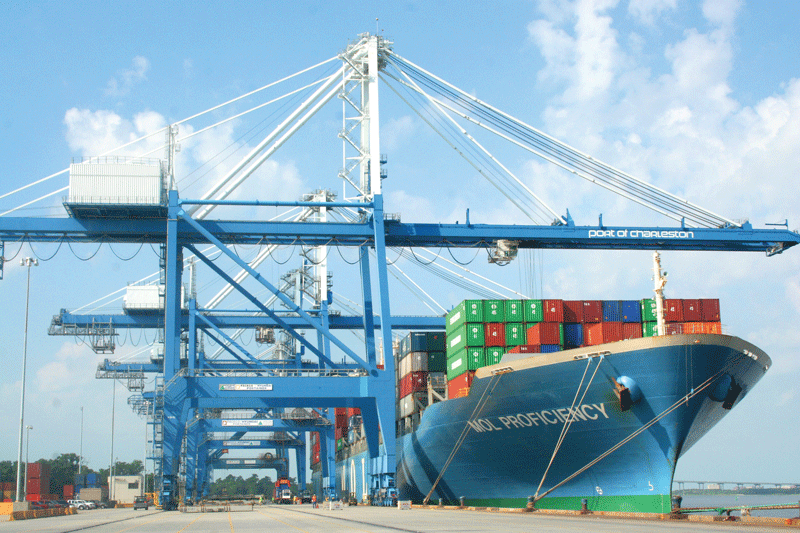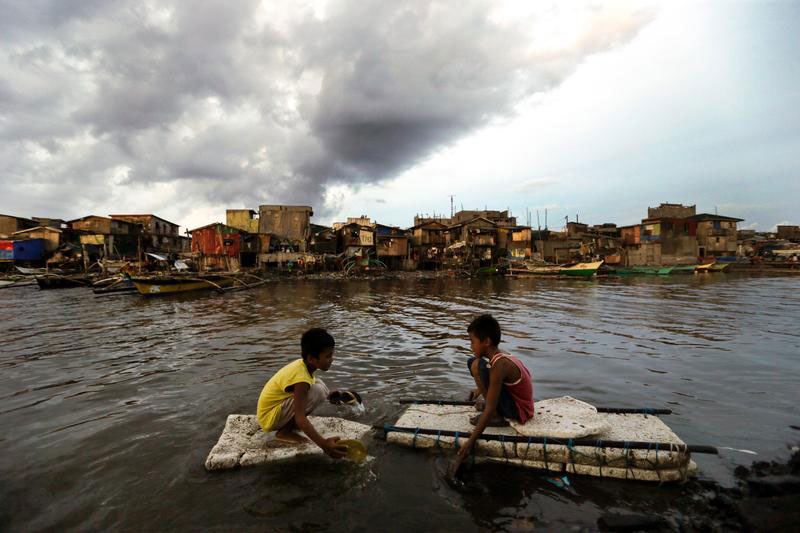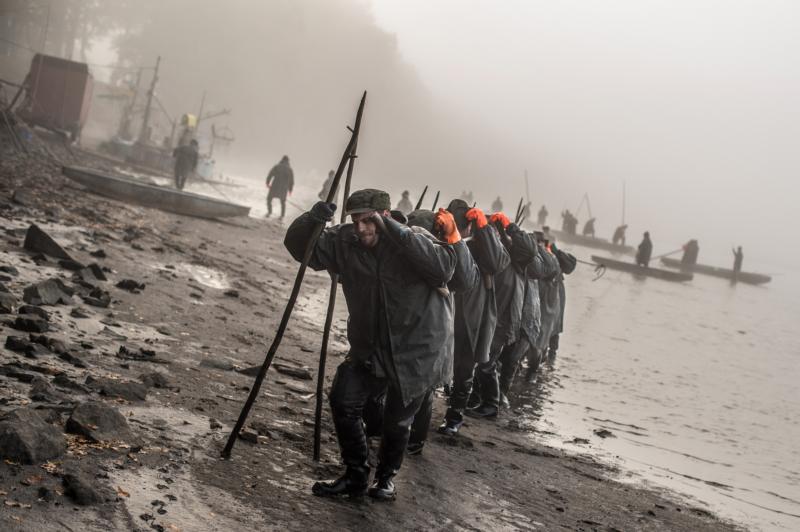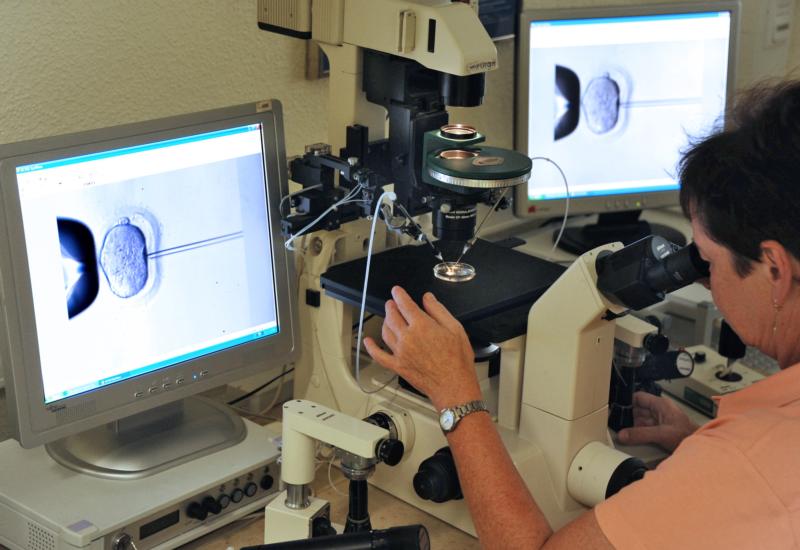
CHARLESTON—A Catholic charity supporting seafarers and fishermen worldwide wants more people to know about the challenges facing these men and women.
The Apostleship of the Sea used its recent World Congress to focus on the welfare of the millions of workers aboard merchant ships around the world.
“Many who serve on fishing vessels work in extremely poor conditions and are subject to severe abuse,” said Deacon Paul Rosenblum, Apostleship of the Sea Port Chaplain in the Diocese of Charleston.
Deacon Rosenblum, who attended the World Congress held last month in Kaohsiung, Taiwan, said the charity is trying to raise awareness of the situation. The event attracted more than 200 delegates from chaplaincies and other agencies concerned with seafarers’ welfare, he said.
The United Nations, through its’ International Labor Organization, is addressing the need for global labor standards as they relate to the fishing industry. It issued a Work in Fishing Convention along with recommendations aimed at improving working conditions for fishermen and seafarers. Those recommendations include setting standards for the “minimum age for work on a fishing vessel, medical standards, work agreements, occupational safety and health, and social security.”

The labor group recommended that governments implement the standards in October, but the issues remain, Deacon Rosenblum said. “Unfortunately, like most UN conventions, enforcement is up to the countries involved, and they must do that voluntarily.”
Cardinal Peter Turkson, prefect of the Dicastery for Promoting Integral Human Development, said the apostleship’s efforts are aimed at the nearly 38 million people engaged in fishing. Much of the abuse suffered by these men and women goes undetected while at sea, Cardinal Turkson said.
Archbishop Sanchez Sorondo of the Pontifical Academies of Sciences and Social Sciences Slavery, told the Congress, “Slavery is not yet ended.”
Deacon Rosenblum said while the primary goal of the congress is to raise public awareness of the problems fishermen and seafarers face, solving them is tougher.
“It is a difficult problem to solve, as the supply chain for the fish we consume is not always clear,” Deacon Rosenblum said.
He said the apostleship hopes that raising awareness among consumers will lead them to change their purchasing patterns when buying seafood.
“Buying local seafood not only helps the local fishers, it is one of the ways consumers can make sure the fish isn’t the product of slave labor,” he said.
Deacon Rosenblum suggests that consumers ask questions about the source of menu items, when dining out or purchasing seafood at local markets. He said the issue of what is referred to as “trash fish” presents a tougher challenge. Trash fish is not meant for human consumption, but instead becomes an ingredient in animal feed, dietary and skin care supplements (fish oil), and organic fertilizers.
Cardinal Charles Bo of Myanmar, told the congress the fishermen are “modern-day refugees, living and working on lawless seas.” The globalization of indifference must be a challenge to the Christian life, he said, adding that Sea Sunday, a multi-denominational fishermen and seafarers’ celebration held in parishes in July, should be expanded into a worldwide event across the Church.
The Apostleship of the Sea is an agency of the Catholic Bishops’ Conferences of England, Wales and Scotland. For more information, visit www.apostleshipofthesea.org.uk.



